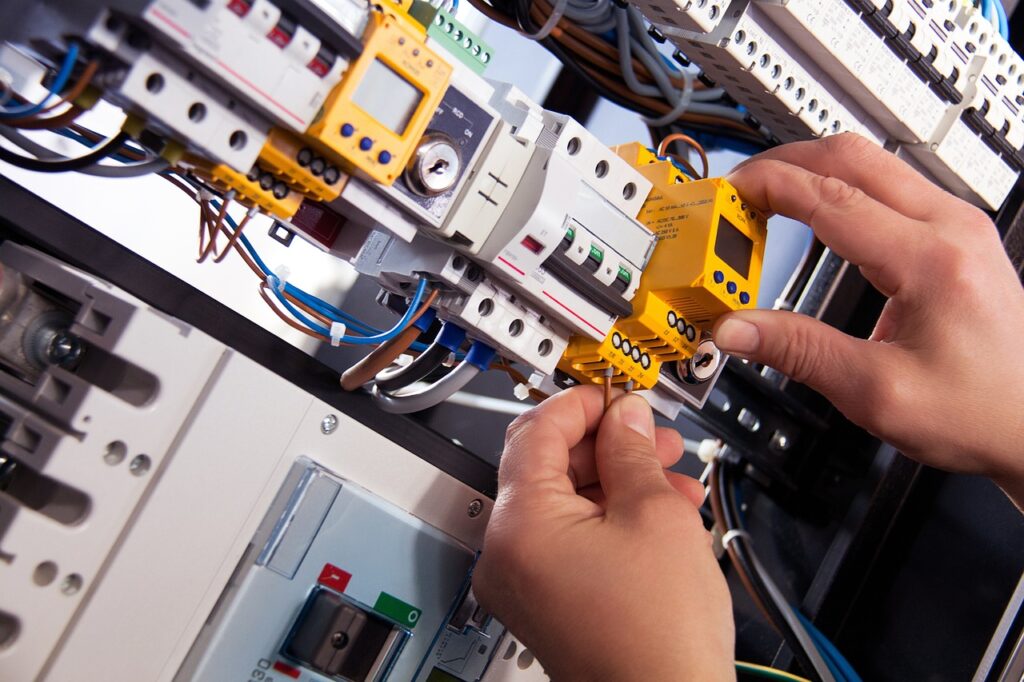
Dealing with electrical problems in your boat can be frustrating, but it does not have to be if you keep up with proper electrical maintenance.
Dealing with electrical problems in your boat can be frustrating, but it does not have to be if you keep up with proper electrical maintenance. Most issues with marine electrical systems arise from a lack of maintenance, poor initial installation, insufficient battery capacity, or ineffective charging systems. You can get back on the water quicker by educating yourself on some of the most common marine electrical problems.
Battery Failure
If you are dealing with consistently low voltage from your marine batteries, disconnect and separate them, let them sit for a few hours before measuring the voltage, then charge each battery separately until it is completely charged. Read the current going into the battery, and when it drops to 2% of its capacity, with a voltage of about 14.4V+, it is fully charged.
Leave the batteries overnight, and in the morning, if one is still showing low voltage, try testing it with a small lightbulb or appliance and see how long it takes for the battery to discharge to 50%. If it discharges in a few minutes, the battery is likely no good.
Corrosion
Saltwater and electricity do not mix, and if left unattended, it can cause various issues. Inspect your battery terminals, connections, and major leads every three months to prevent corrosion. Use a corrosion inhibitor or replace the component if you have visible corrosion. Lastly, make sure you tighten down your battery cables firmly. This will prevent anything from loosening over time and won’t leave you with a dead motor.
Poor Connections
The most common issue with electrical circuits on boats is not the short circuit, as is often believed. Instead, the most common fault is the “unwanted open.” This is a circuit where electrical current flow is interrupted by creating an “open” in the electrical flow of things. Likely, something has come unplugged. This could be due to a faulty connection or a friction connector that unplugs itself. Often, the main cause of these issues is poor initial installation.
Faulty Alternators
The electronic components in your alternator can quickly burn out if the electricity they generate is not channeled to a battery. This could occur if the battery isolator switch is off, which should never be the case when the engine is running. Like all marine electrical components, alternators become worn and ineffective over time. If the batteries are not charging or taking on too much charge, this could be due to a wiring problem, battery failure, or a faulty regulator or alternator. Conversely, if your batteries aren’t holding a charge, this could be a wiring problem, a loose alternator belt, or a malfunctioning alternator.
Marine Electric Systems, LLC is a Leader In the Maritime Industry
We here at Marine Electric Systems have over 30 years of industry experience. You can trust our team for reliable service and expert craftsmanship in the Maryland, Baltimore, Annapolis, and Baltimore city areas! We’re highly certified and adhere to all ABYC and NMEA regulations. We specialize in top-notch electrical solutions for recreational, commercial, and government boating clients. Anything from electrical refits, to navigation systems, or boating maintenance. To stay up to date on our services, follow us on Facebook, LinkedIn, Pinterest, Instagram, and YouTube. You can also contact us at 410-263-0807
